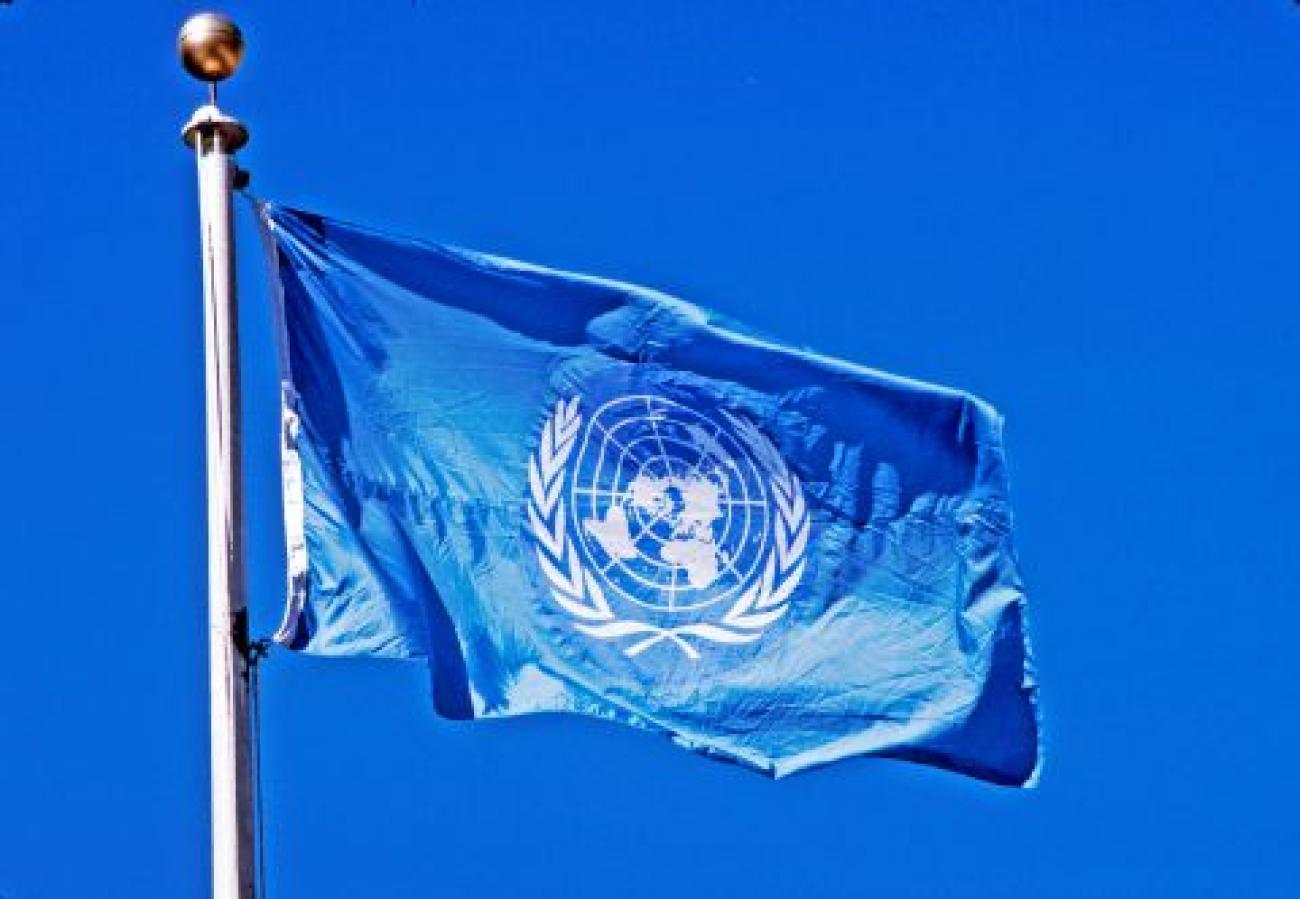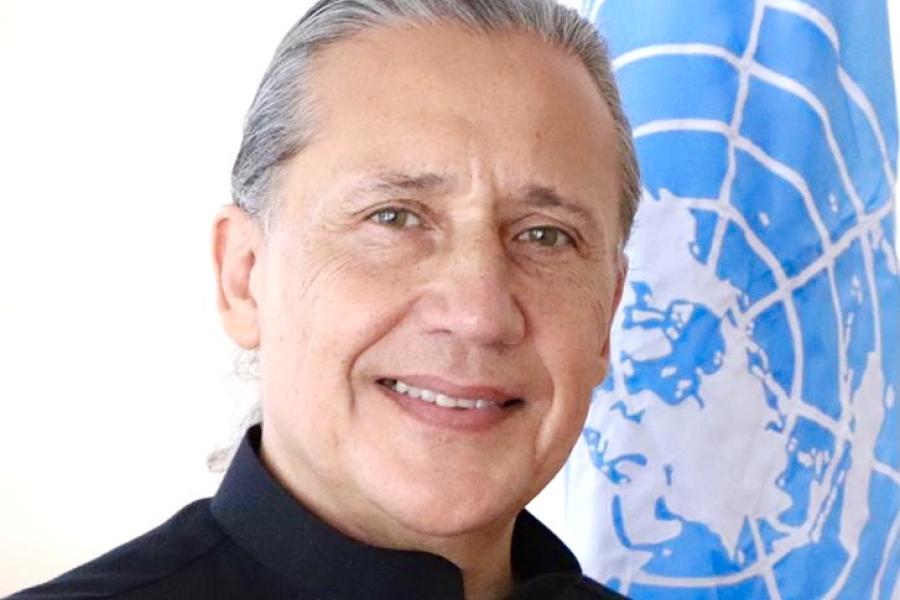Police, victims, and a call for change

Op-ed by UN Philippines Resident Coordinator Gustavo Gonzalez

The 20 December killing of two unarmed civilians, Sonya and Frank Gregorio, has rightly met with widespread condemnation and ignited the debate about the need for police reform in the Philippines.
There are different views emerging in this public debate. Some see the killings as an isolated incident by a “bad cop” who needs to be prosecuted and removed from the police force. Others point to lawlessness and lack of respect for the police, contributing to an “us versus them” mentality. Yet others emphasize a policing culture of addressing crime by resorting to violence and abuse of power.
There may be elements of truth in all these views. Allegations are emerging about a string of infractions by the officer involved in the 20 December killings, that were not adequately addressed. There are also strong indications that the Philippine National Police (PNP) has increasingly relied on the use of force in recent years, resulting in thousands of killings according to the PNP’s own statistics. Every life and family impacted is precious. But this high number of killings is, in itself, a broader, institutional concern.
The police officer involved in the 20 December incident was caught on camera, and promptly detained and charged. However, in the majority of cases where there are allegations of human rights violations, there are no cameras. Perpetrators are not always brought to justice, and victims are left behind, with a sense of fear and powerlessness. This feeds the conspiracy of silence, where police officers do not report when the rules are broken, and this, in turn, creates an environment in which abuse of power can escalate. Consistency and fairness in addressing infractions and violations, rather than the imposition of the death penalty, is likely to strengthen the rule of law.
In recent weeks, a number of killings, by unknown assailants, of individuals playing a role in protecting their communities have been reported. The killing of two human rights activists in August, of a journalist in November; the killing of two lawyers in Cebu in November and December, respectively, and of a doctor and her husband on 16 December are among the most recent such cases. This impacts negatively on security and development.
Human rights treaties which the Philippines has ratified provide clear guidance for addressing these challenges. And cooperation between the Philippines and the UN in areas such as strengthening domestic accountability mechanisms and data gathering can help contribute to a policing culture that seeks to protect its citizens, particularly the most vulnerable, while also recognizing the important and challenging work police officers face in carrying out their duties.
The Human Rights Council resolution adopted by consensus on 7 October of this year, with the support of the Government of the Philippines and a large number of member states, has provided a basis for such cooperation.
Since the adoption of the Human Rights Council Resolution, the UN has actively engaged with civil society organizations, the National Human Rights Commission of the Philippines and a range of different Government actors to set the basis of an ambitious programme. However, we should agree that the success of technical cooperation greatly relies on the existence of an enabling environment, with strong commitment to change.
The killing of Sonya and Frank Gregorio impacts on all of us. Preventing such killings and ensuring accountability must be our foremost priority.
*Gustavo Gonzalez is the United Nations Resident Coordinator in the Philippines

